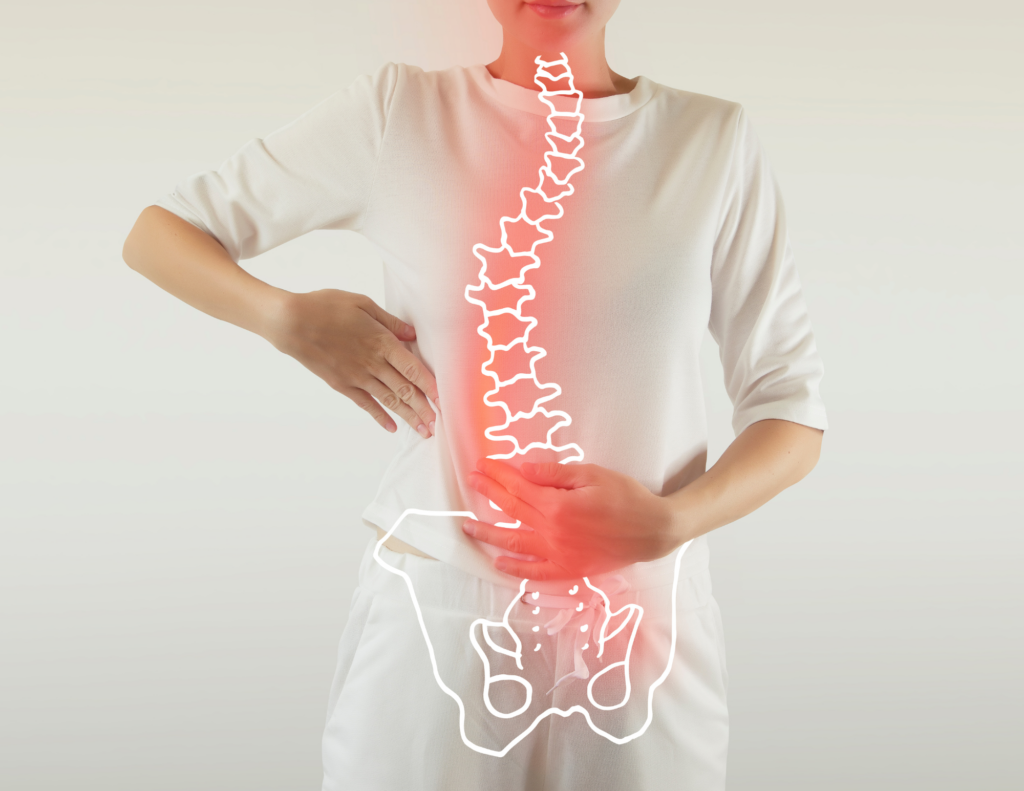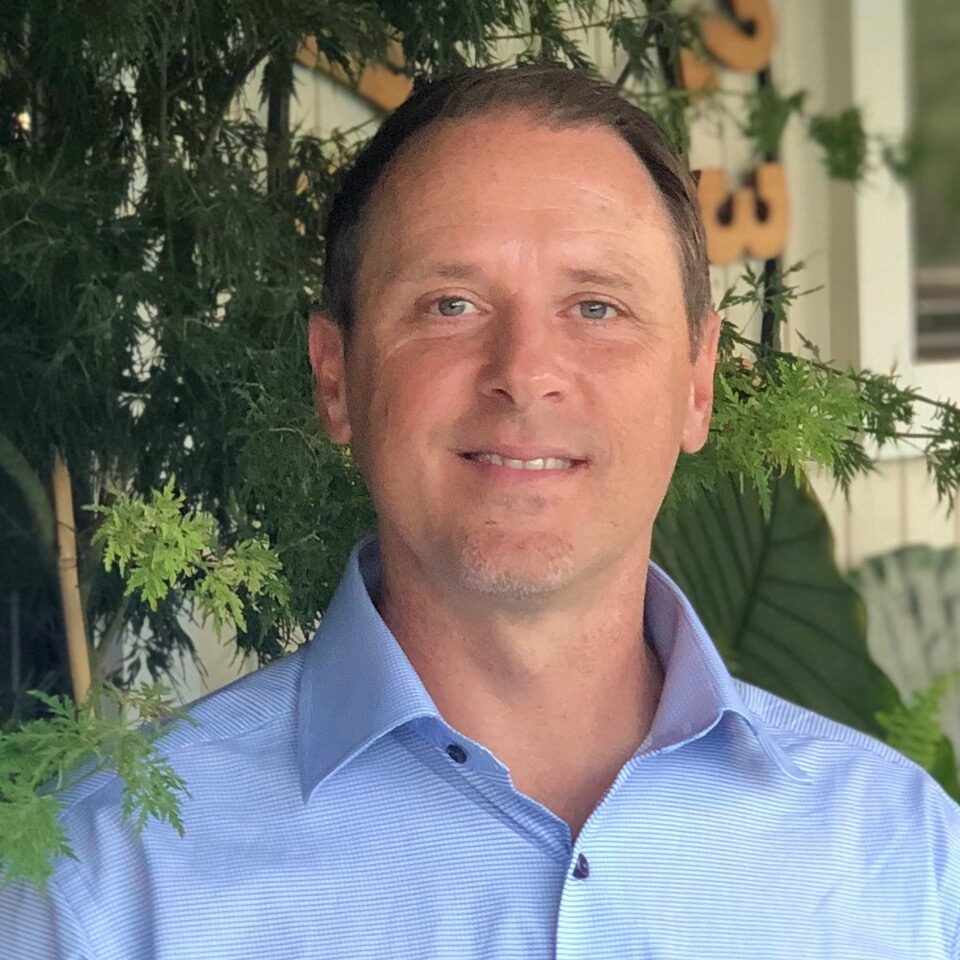Chiropractic Care for Scoliosis: Improving Quality of Life

Scoliosis, a condition characterized by an abnormal lateral curvature of the spine, affects millions of people worldwide. While it can develop at any age, it often appears during the growth spurt just before puberty. This condition can range from mild to severe, with severe cases potentially leading to significant health issues. Chiropractic Care offers a non-invasive, drug-free approach to managing scoliosis and improving the quality of life for those affected. Additionally, integrating localized cryotherapy and red light therapy into treatment plans can provide enhanced benefits, aiding in pain relief and overall well-being.
Understanding Scoliosis
Scoliosis can manifest in various forms, including idiopathic (unknown cause), congenital (present at birth), and neuromuscular (associated with neurological or muscular conditions). Idiopathic scoliosis is the most common type, often detected during adolescence. The severity of scoliosis is measured by the Cobb angle, which quantifies the degree of spinal curvature. Mild scoliosis may require monitoring, while moderate to severe cases often need intervention.
Symptoms of Scoliosis
The symptoms of scoliosis can vary depending on the severity and type of curvature. Common signs include:
- Uneven shoulders
- One shoulder blade more prominent than the other
- Uneven waist
- One hip higher than the other
- Leaning to one side
In severe cases, scoliosis can lead to chronic pain, respiratory issues, and cardiovascular problems due to the distortion of the thoracic cavity.
The Role of Chiropractic Care in Scoliosis Management
Chiropractic care focuses on the diagnosis, treatment, and prevention of mechanical disorders of the musculoskeletal system, particularly the spine. For individuals with scoliosis, chiropractic care offers a holistic approach that aims to manage symptoms, improve function, and enhance quality of life. Here’s how chiropractic care can help:
-
Spinal Adjustments
Spinal adjustments, or spinal manipulations, are the cornerstone of chiropractic care. These adjustments aim to improve spinal alignment, reduce nerve irritability, and increase joint mobility. For scoliosis patients, spinal adjustments can help alleviate pain, reduce muscle tension, and improve overall spinal function. While chiropractic care does not cure scoliosis, regular adjustments can prevent the progression of the curvature and provide symptom relief. Dr. Todd Bunning, DC, utilizes advanced spinal adjustment techniques tailored to the unique needs of scoliosis patients.
-
Customized Exercise Programs
Dr. Todd Bunning, DC, often prescribes customized exercise programs tailored to the needs of scoliosis patients. These exercises focus on strengthening the muscles surrounding the spine, improving posture, and enhancing flexibility. Specific exercises, such as the Schroth method, are designed to address scoliosis by promoting spinal elongation and symmetry. Regular exercise, under the guidance of Dr. Bunning, can play a crucial role in managing scoliosis effectively.
-
Postural Training
Poor posture can exacerbate scoliosis symptoms and contribute to spinal discomfort. Dr. Bunning, works with patients to develop better postural habits, both during daily activities and while sitting or standing. Postural training helps to distribute weight more evenly across the spine, reducing strain on the muscles and joints.
-
Pain Management
Chronic pain is a common issue for many scoliosis patients. Dr. Bunning, uses various techniques, including spinal adjustments, soft tissue therapy, and modalities like ultrasound and electrical stimulation, to manage pain. By addressing the underlying musculoskeletal issues, chiropractic care can provide significant pain relief without the need for medications.
-
Education and Lifestyle Advice
Dr. Bunning, educates scoliosis patients about their condition, empowering them to make informed decisions about their health. Lifestyle advice, such as maintaining a healthy weight, avoiding activities that strain the spine, and incorporating ergonomic principles into daily routines, can contribute to better scoliosis management.
ARTICLE CONTINUES BELOW
Ready to get Back On Track?
Contact us today to schedule a visit at our Roseville office.
The Benefits of Localized Cryotherapy and Red Light Therapy
In addition to traditional chiropractic care, integrating localized cryotherapy and red light therapy can enhance the benefits for scoliosis patients.
Localized Cryotherapy
Localized cryotherapy involves exposing specific areas of the body to extremely cold temperatures for short periods. This therapy is known for its anti-inflammatory and pain-relieving effects, making it a valuable addition to scoliosis treatment plans.
Benefits of Localized Cryotherapy for Scoliosis Patients:
- Pain Relief: Cryotherapy can numb nerve endings, providing immediate pain relief. For scoliosis patients, this can alleviate chronic pain and discomfort associated with spinal curvature.
- Reduced Inflammation: Cold therapy reduces inflammation by constricting blood vessels and decreasing blood flow to the affected area. This can help manage inflammation in the muscles and joints around the spine.
- Improved Circulation: After the cold exposure, the body increases blood flow to the treated area, promoting healing and reducing muscle soreness.
Red Light Therapy
Red light therapy, also known as low-level laser therapy (LLLT), involves using red and near-infrared light wavelengths to penetrate the skin and promote cellular healing. This non-invasive therapy has gained popularity for its ability to reduce pain, inflammation, and promote tissue repair.
Benefits of Red Light Therapy for Scoliosis Patients:
- Pain Reduction: Red light therapy can reduce pain by increasing the production of endorphins and reducing inflammation. For scoliosis patients, this can provide relief from chronic pain.
- Enhanced Healing: The light wavelengths used in red light therapy stimulate cellular activity and promote tissue repair. This can be beneficial for scoliosis patients experiencing muscle and joint issues.
- Improved Flexibility: Red light therapy can improve the flexibility of muscles and joints by reducing stiffness and promoting better blood flow.
Combining Therapies for Optimal Results
Integrating chiropractic care with localized cryotherapy and red light therapy offers a comprehensive approach to managing scoliosis. Each therapy addresses different aspects of the condition, providing a synergistic effect that enhances overall outcomes.
Case Example: Hudosn's Journey with Scoliosis
Hudson, a 15-year-old high school student, was diagnosed with idiopathic scoliosis at the age of 13. His spinal curvature was moderate, and he experienced chronic back pain and discomfort. Hudson’s parents sought a holistic approach to manage his condition and improve his quality of life.
Chiropractic Care
Dr. Todd Bunning, DC, developed a personalized treatment plan that included regular spinal adjustments and a customized exercise program. The adjustments helped to improve his spinal alignment and reduce pain, while the exercises strengthened her back muscles and improved her posture.
Localized Cryotherapy
To manage Hudson's pain and inflammation, Dr. Bunning integrated localized cryotherapy into her treatment plan. Hudson underwent cryotherapy sessions twice a week, targeting his lower back and shoulder areas. The cold therapy provided immediate pain relief and reduced muscle inflammation.
Red Light Therapy
In addition to cryotherapy, Hudson received red light therapy sessions to promote healing and reduce stiffness. The red light therapy improved her flexibility and helped her maintain better mobility during her daily activities.
Results
Over six months, Hudson experienced significant improvements in his condition. His pain levels decreased, his posture improved, and his spinal curvature stabilized. The combination of chiropractic care, localized cryotherapy, and red light therapy provided Hudson with a holistic approach to managing scoliosis, enhancing his overall quality of life.
Conclusion
Chiropractic Care at Back On Track 2 Wellness offers a valuable, non-invasive approach to managing scoliosis and improving the quality of life for those affected. By focusing on spinal adjustments, customized exercise programs, postural training, pain management, and patient education, chiropractors like Dr. Todd Bunning, DC, can help scoliosis patients achieve better spinal health and symptom relief. Integrating localized cryotherapy and red light therapy into treatment plans further enhances these benefits, providing additional pain relief, reducing inflammation, and promoting tissue healing. For individuals with scoliosis, this comprehensive approach offers a path to improved well-being and a better quality of life.
Ready to get Back On Track?
Contact us today to schedule a visit at our Roseville office.
The information on this website has not been evaluated by the Food & Drug Administration or any other medical body. We do not aim to diagnose, treat, cure or prevent any illness or disease. Information is shared for educational purposes only. You must consult your doctor before acting on any content on this website, especially if you are pregnant, nursing, taking medication, or have a medical condition.

By Dr. Todd W. Bunning
Dr. Todd W. Bunning’s Chiropractic and Functional Medicine services reach far beyond the local Roseville area, with webcam consultations available for patients in any location. With over 21+ years of Private Practice experience, Dr. Todd continues to focus on the individual: science-based methods to address whole-body health factors.
Dr. Todd’s education didn’t stop when he graduated from Life West Chiropractic College in 2003. Today, he’s continuing to receive training and is chipping away on numerous post-graduate degree programs. This unique blend of clinical health investigation and Lifestyle Medicine application helps people of all ages find the underlying factors that result in chronic disease.